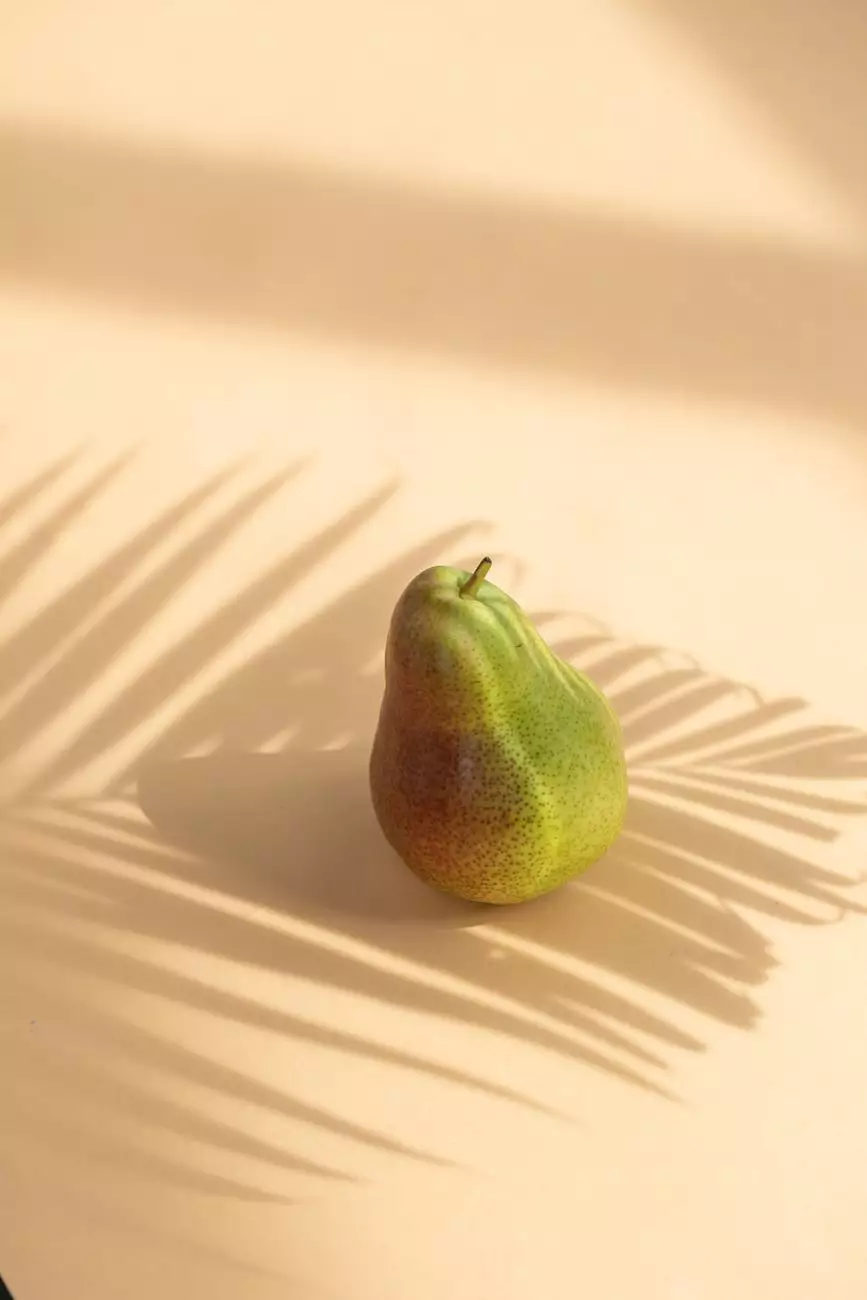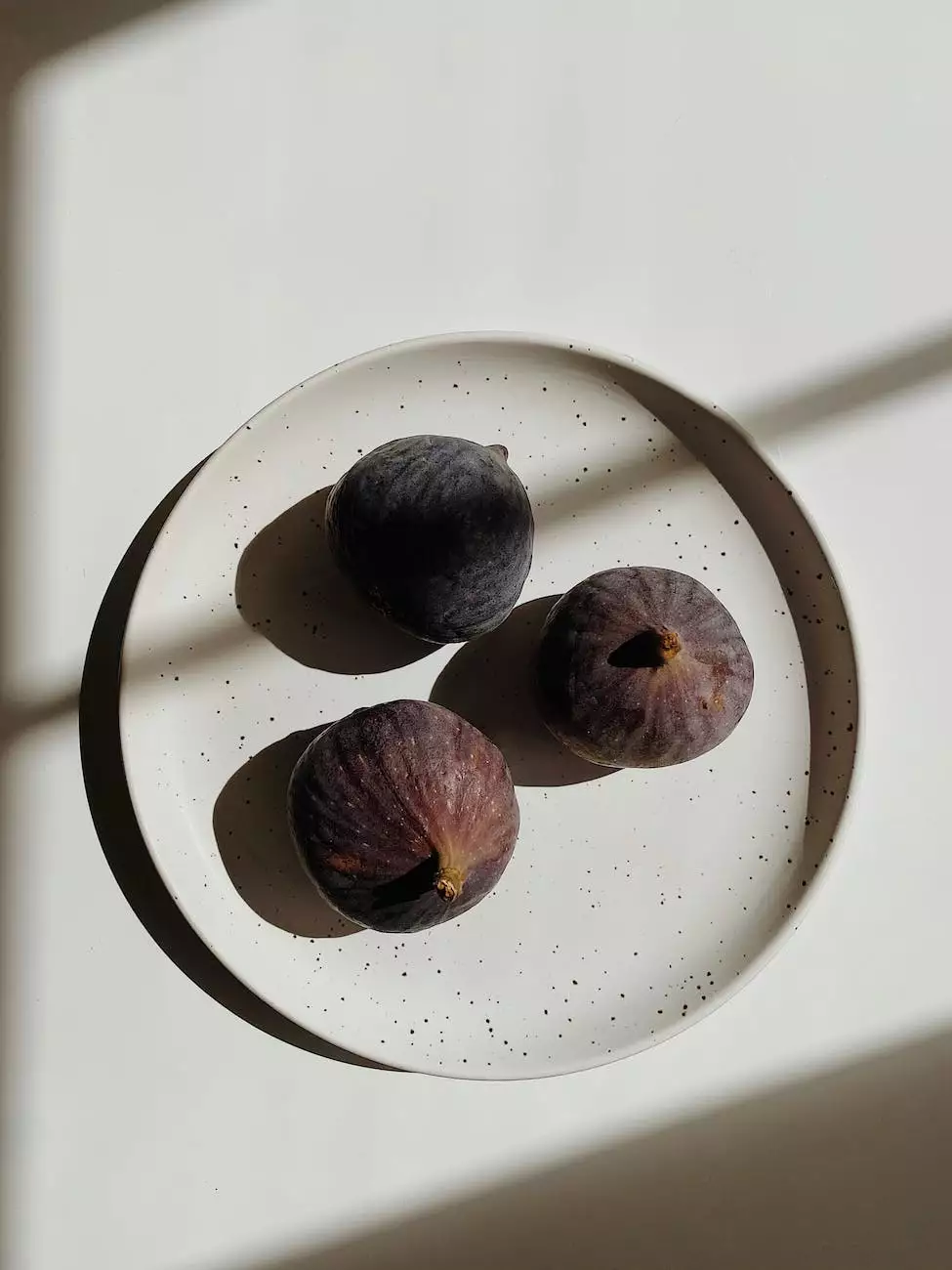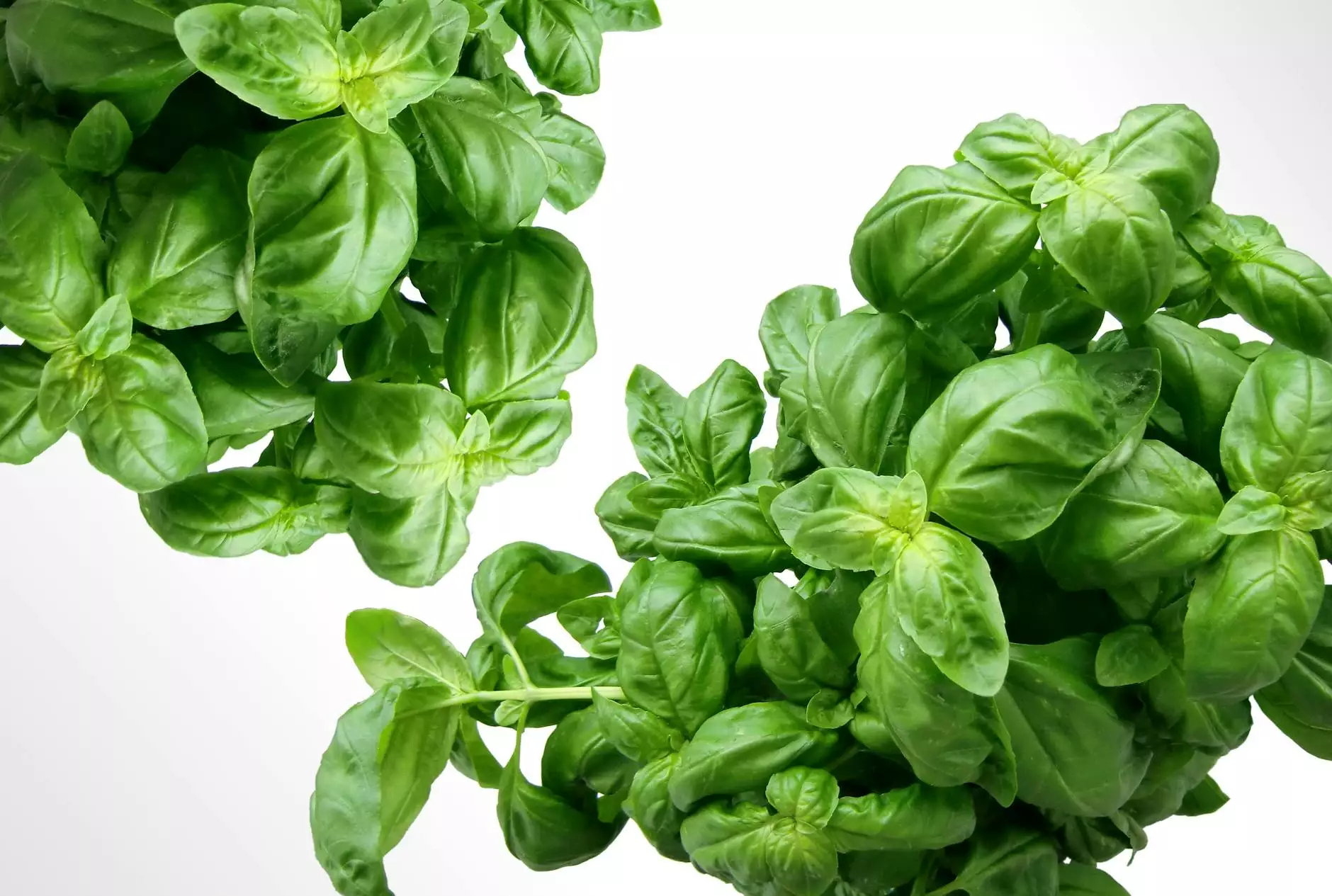An Introduction to the Whole-Plant-Food, SOS-Free Diet

What is the Whole-Plant-Food, SOS-Free Diet?
The Whole-Plant-Food, SOS-Free (Salt, Oil, Sugar-Free) Diet is a type of dietary approach that focuses on consuming foods in their most natural and unprocessed form. This means including a wide variety of fruits, vegetables, whole grains, legumes, nuts, and seeds in your daily meals. By eliminating added salt, oil, and sugar, this diet promotes optimal health and wellness.
Benefits of the Whole-Plant-Food, SOS-Free Diet
Switching to a Whole-Plant-Food, SOS-Free Diet has numerous benefits for your overall well-being. Here are some key advantages:
- Weight Management: Following a diet rich in whole plant foods can help with weight loss and weight maintenance. These foods are often lower in calories and higher in fiber, keeping you full for longer periods and reducing the likelihood of overeating.
- Improved Heart Health: By excluding added salt, oil, and sugar, you can significantly reduce your risk of developing heart disease. Plant-based foods are naturally lower in saturated fats and devoid of cholesterol, which helps lower your blood pressure and maintain healthy cholesterol levels.
- Enhanced Digestive Health: Whole plant foods are packed with fiber, which aids in digestion and prevents constipation. These foods have a positive impact on gut health, promoting the growth of healthy bacteria in the intestines.
- Reduced Risk of Chronic Conditions: Studies have shown that adopting a Whole-Plant-Food, SOS-Free Diet can lower the risk of chronic diseases such as type 2 diabetes, certain cancers, and metabolic syndrome.
- Increase in Energy Levels: When you fuel your body with nutrient-dense, whole plant foods, you'll likely experience a boost in energy levels. These foods provide a steady release of energy and help avoid energy crashes often associated with processed foods.
How to Embrace the Whole-Plant-Food, SOS-Free Lifestyle
Transitioning to the Whole-Plant-Food, SOS-Free lifestyle may seem daunting at first, but with the right approach, it can be a fulfilling and sustainable journey. Here are some tips to get started:
1. Educate Yourself
Invest time in learning about the benefits and principles of the Whole-Plant-Food, SOS-Free Diet. There are numerous books, websites, and documentaries available that can provide valuable insights and guidance.
2. Stock up on Whole Plant Foods
Fill your pantry and refrigerator with fresh fruits, vegetables, whole grains, legumes, nuts, and seeds. These whole plant foods should form the foundation of your meals and snacks.
3. Experiment with Recipes
Explore the vast array of Whole-Plant-Food, SOS-Free recipes available online. Experiment with different flavors, seasonings, and cooking techniques to keep your meals exciting and enjoyable.
4. Meal Planning and Preparation
Plan your meals in advance to ensure you have nutritious options available throughout the week. Dedicate time to meal preparation to simplify cooking and make healthier choices easily accessible.
5. Gradual Transition
For a smooth transition, consider gradually reducing your reliance on processed and unhealthy foods while incorporating more whole plant foods into your diet. This approach allows your taste buds and body to adapt gradually.
6. Stay Hydrated
Adequate hydration is vital for overall health. Replace sugary beverages with water, herbal teas, or freshly squeezed fruit juices to quench your thirst and support optimal hydration.
Conclusion
Embracing the Whole-Plant-Food, SOS-Free Diet offers numerous benefits for your health and well-being. By focusing on whole, unprocessed plant foods and eliminating added salt, oil, and sugar, you can achieve and maintain a balanced and nutritious diet. Remember, a sustainable diet is not about deprivation but rather about nourishing your body with wholesome foods that promote vitality and longevity.










